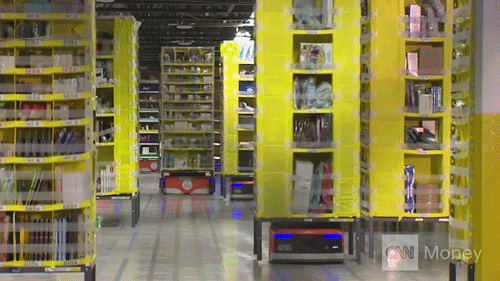It’s not a done deal that technological employment will be widespread, that the “lights-out” factory will become the norm, but it’s possible to the extent that we should worry about such a scary situation now.
I doubt the answers will lie in somehow reigning in technology. Not to overly anthropomorphize robots, but they have a “life” of their own. If humans and machines can both do the same job, the work will ultimately become the domain of AI. The solutions, if needed, will have to emerge from policy. Not the kind that artificially limits machines, but the type that provides security derived from social safety nets.
In an In These Times article, David Moberg writes that “much will depend on whether we humans leave robotization to the free market or whether we take deliberate steps to shape our future relationships with robots.” I disagree with his suggestion that perhaps we can design robots to merely augment human production. That’s implausible and at best an intermediary step, but the author writes intelligently on the topic.
An excerpt:
If we’re on the brink of a period of robotic upheaval, labor organizing will be more crucial than ever. Workers will need unions with the power to negotiate the needs of the displaced.
Another aspect of the disruption could be an exacerbation of economic inequality. MIT economist David Autor argues that the advent of computing in the late 1970s helped drive our current stratification. As demand increased for abstract labor (college-educated workers using computers) and decreased for manual, routine labor (service workers with few skilled tasks), he says, the pay for different occupations consequently became more polarized, fueling the rise of inequality.
But Lawrence Mishel and his Economic Policy Institute colleagues, along with Dean Baker, argue that this model of polarization misses important nuances of contemporary labor markets and ignores the primary driver of inequality: public policy, not robots. They point to a range of U.S. policies, including encouragement of financial sector growth and suppression of the minimum wage, as contributing to burgeoning inequality.
No matter who is right, it’s indisputable that public policy, in addition to unions, can play a powerful role in curbing the ill effects of technological disruption.
Luckily, we don’t need to reinvent the wheel.•
Tags: David Moberg

